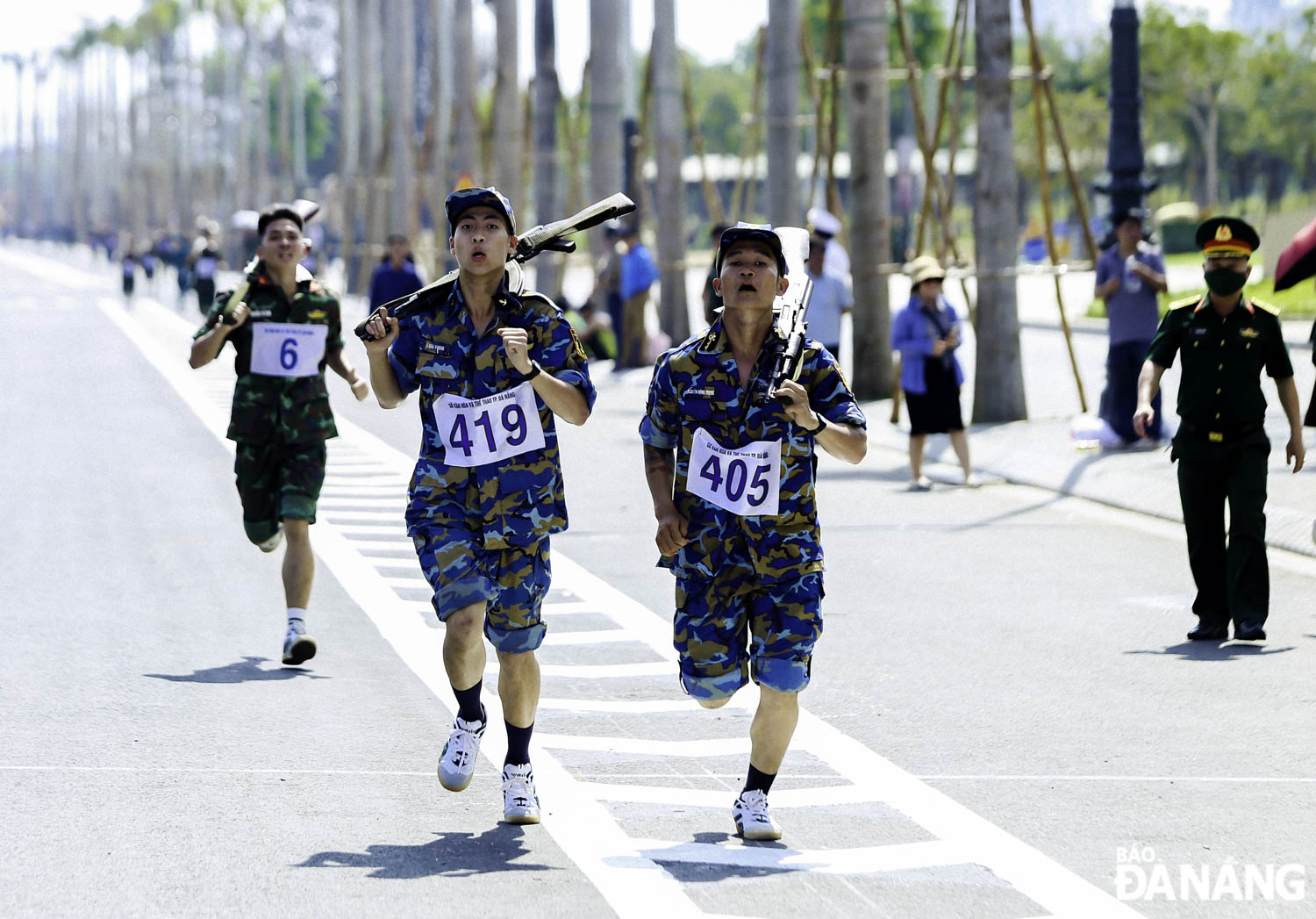Five years on, banned vehicles still on the road
Nearly 10,000 self-modified and three-wheeled vehicles ply the roads nationwide, despite their being banned in 2008, according to the Ministry of Transport.
| Self-modified vehicles that were banned in 2008 on grounds of traffic safety and environmental pollution are still being used nationwide. Photo: VNA |
It said on December 13 that the banned vehicles were in frequent use in Hanoi's suburban districts of Phu Xuyen, Ung Hoa and Chuong My, as well as provinces like Hoa Binh, Gia Lai, Kon Tum, Dak Lak, Hau Giang and Long An.
In the Central Highland province of Dak Lak, for example, some 5,000 unregistered and manually driven mini tractors were being used in agricultural production.
Many owners had modified their vehicles' steering mechanism by replacing their shafts without permission from relevant authorities, according to the province's Department of Transport.
The province had organised classes to help procure driving license, but only two to three percent of the total owners of such vehicles passed the theory and practical examinations, a representative from the province's Department of Transport revealed.
Tran Van Toan, a 54-year-old owner of a three-wheeled vehicle in Tu Liem district, said that he has continued to drive the vehicle because this is his only means of income that helps him feed his 5-member family residing in the northern province of Hung Yen.
Toan added that he has already heard about the financial support packages announced for vehicle owners, but has not received any such package so far.
"However, even if I am given such support, 5 million VND (230 USD) will surely neither help me set up a business nor buy another vehicle," he said.
According to the Viet Nam Register, the country is yet to establish any standards for motor vehicles, so self-modified vehicles' quality cannot be verified.
Therefore, last week the Ministry of Transport was urged to formulate regulations regarding the issue soon.
In addition to the shortcomings in policies and poor enforcement of rules, Deputy Minister of Transport Le Dinh Tho, blamed the prevalence of such vehicles on the lack of other suitable options meant to replace these banned vehicles.
Mini trucks recommended to replace modified vehicles have been found suitable for running in the delta, but not mountainous areas, he pointed out.
In 2007, the Government decided to ban and seize self-modified vehicles across the country to ease the growing traffic jams and reduce the number of accidents.
To help poor residents who operate these vehicles to earn a living, the government announced incentives and support measures two years later that will help these individuals find new jobs or buy other kinds of vehicles to replace their banned ones.
Accordingly, each family, which has two or more three and four-wheeled vehicles, will receive 230 USD per vehicle as assistance.
(Source: VNA)




